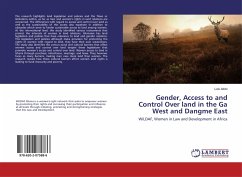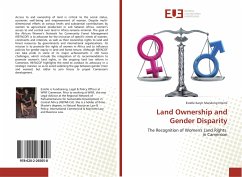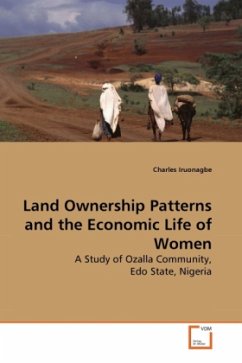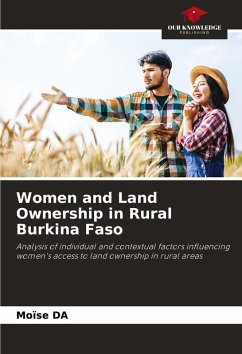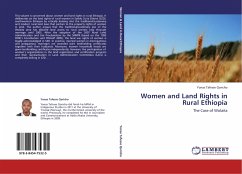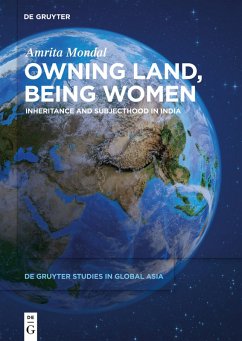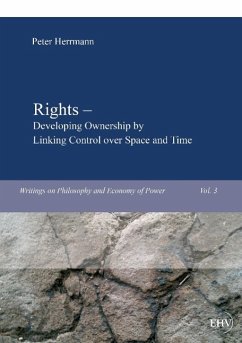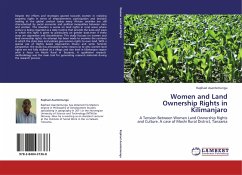
Women and Land Ownership Rights in Kilimanjaro
A Tension Between Women Land Ownership Rights and Culture. A case of Moshi Rural District, Tanzania
Versandkostenfrei!
Versandfertig in 6-10 Tagen
32,99 €
inkl. MwSt.

PAYBACK Punkte
16 °P sammeln!
Despite the efforts and strategies geared towards women in realizing property rights in terms of empowerment, participation and decision making in the global context today many African societies are still characterized by social economic and political inequalities between men and women. This situation is worse on land rights in rural areas where culture is being regarded as a daily routine that provide the basis and ways in which this right is given to particularly on gender basis even if these ways are oppressive and discriminative. This study focuses on women and land ownership rights. An at...
Despite the efforts and strategies geared towards women in realizing property rights in terms of empowerment, participation and decision making in the global context today many African societies are still characterized by social economic and political inequalities between men and women. This situation is worse on land rights in rural areas where culture is being regarded as a daily routine that provide the basis and ways in which this right is given to particularly on gender basis even if these ways are oppressive and discriminative. This study focuses on women and land ownership rights. An attempt has been made to examine the contexts in which the state laws and policies give women rights to own land. With a special use of Rights based Approaches theory and some feminist perspective, the study has articulated some reasons as to why women land rights are not fully realized at a village and clan level in Kilimanjaro region with a focus on Moshi Rural in Tanzania. A qualitative research methodology was the main tool for generating research materials during the research process.



